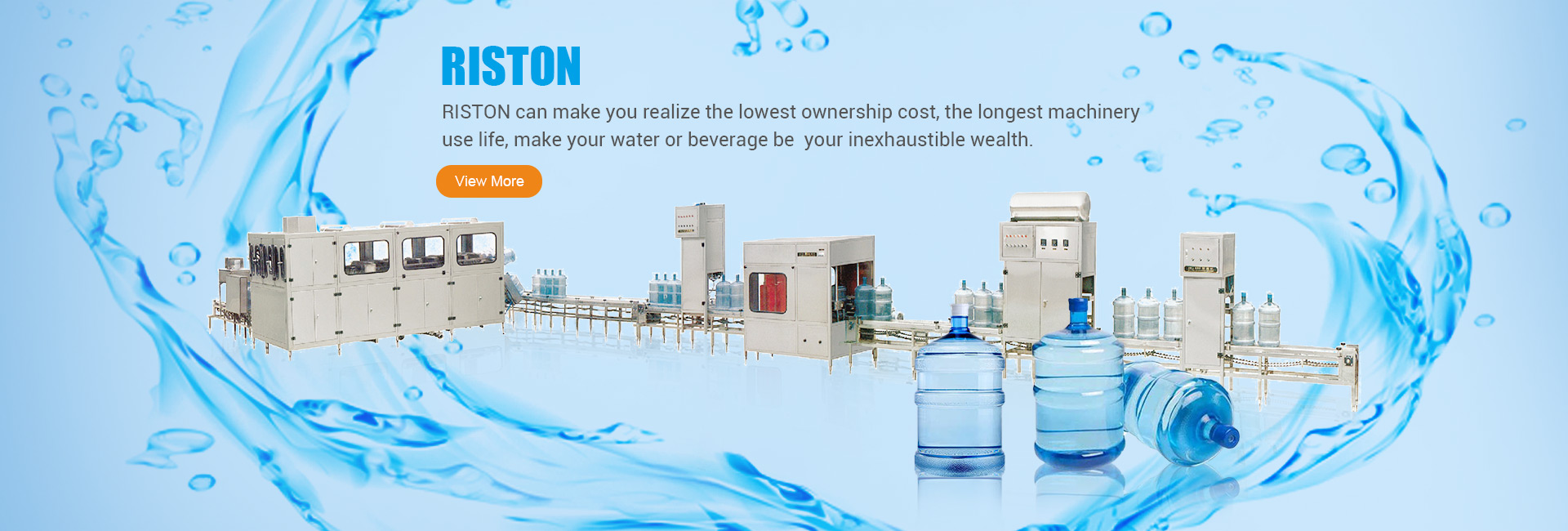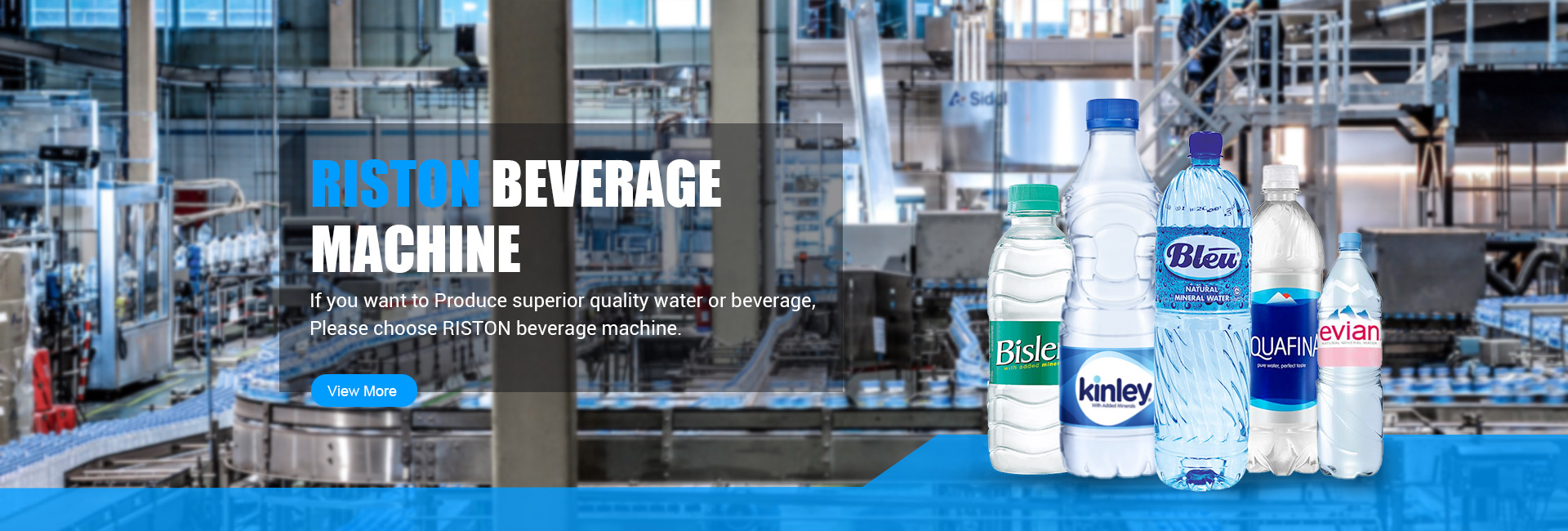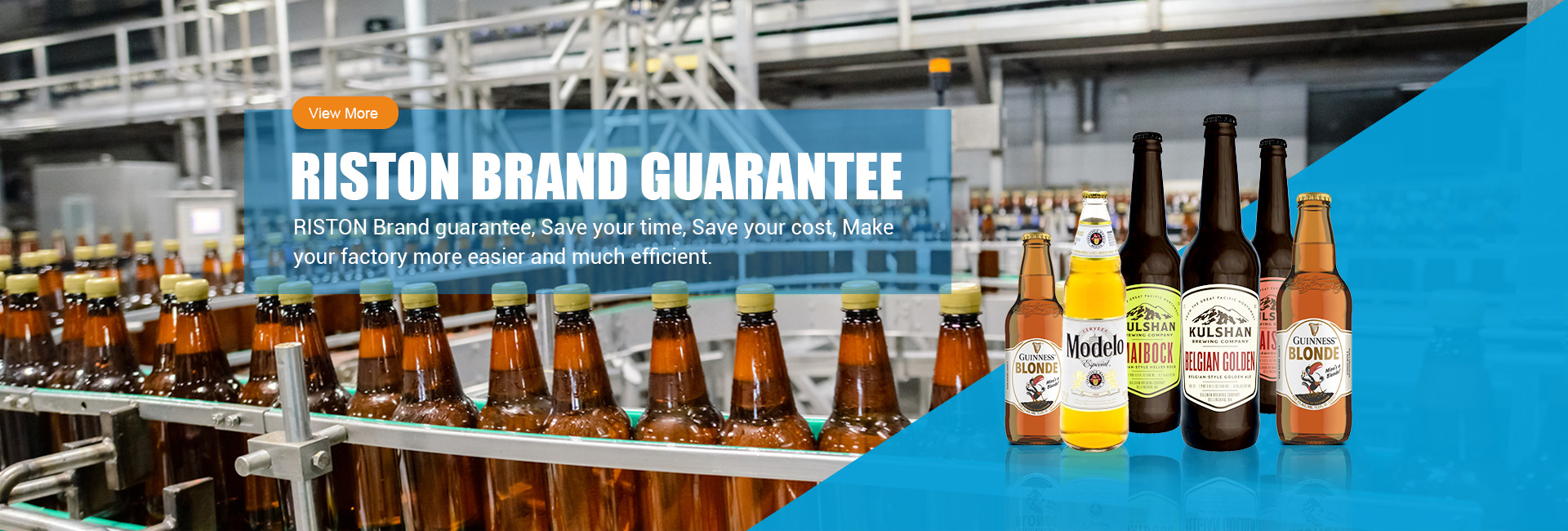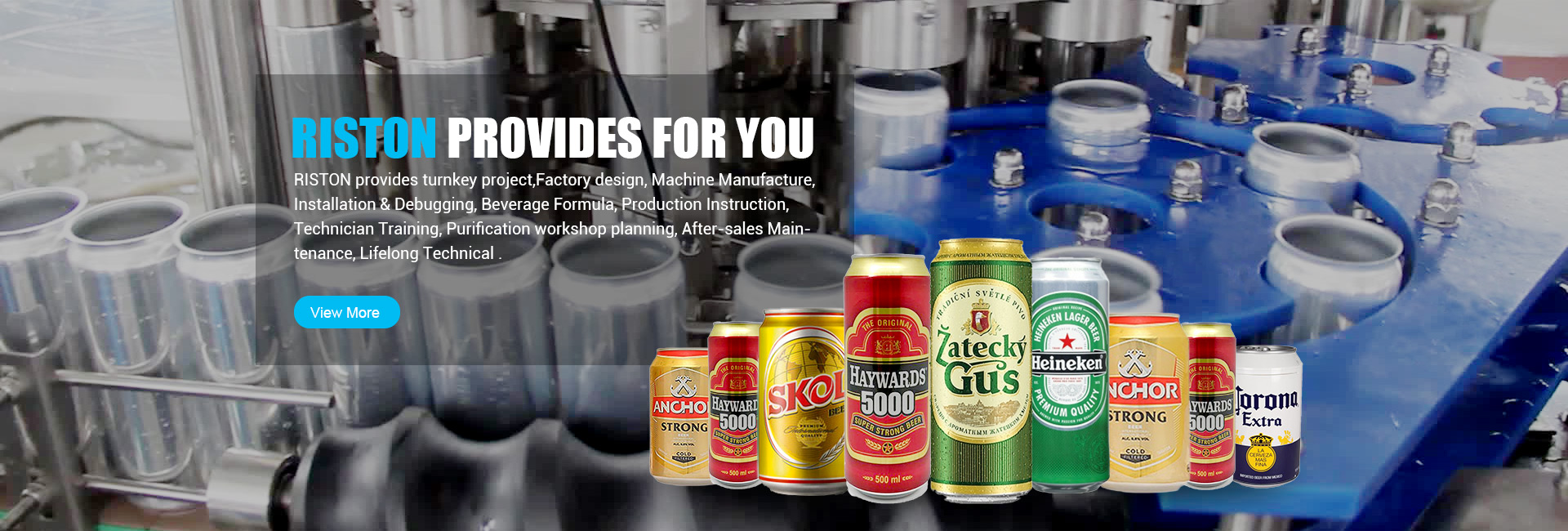RISTON-water vending machine cost
Article Abstract: When considering the acquisition and operation of Riston water vending machines, a comprehensive assessment of the total cost of ownership (TCO) is essential. Riston, a reputable manufacturer in the vending solutions market, offers a variety of water dispensing machines that integrate innovative technology with user-friendly interfaces to provide convenient hydration solutions for public and commercial spaces. Here's a closer examination of the cost components associated with Riston water vending machines:
Initial Purchase Price: The capital expenditure for a Riston water vending machine varies greatly based on the model's size, features, filtration capabilities, and payment system integration. Models can range from compact self-service dispensers to larger, fully automated machines with multiple dispensing options, all influencing the initial outlay.
Installation and Setup: The TCO includes installation fees, which cover site survey, electrical and plumbing connections, anchoring, and any necessary adjustments to ensure compliance with local health and safety regulations. Custom branding or kiosk customization may also incur additional costs.
Utility Costs: Operational costs encompass electricity consumption for refrigeration, heating (if applicable), and vending operations. Riston machines are typically designed with energy efficiency in mind, yet actual costs depend on usage patterns and utility rates.
Water and Filtration Expenses: Regular replenishment of water supply and periodic replacement of filtration elements contribute to the recurring costs. Riston's machines often utilize advanced filtration systems that require scheduled maintenance and filter changes.
Maintenance and Repair: To ensure optimal performance, a portion of the TCO goes toward routine maintenance and unexpected repairs. Riston may offer service contracts that include preventive maintenance visits and parts replacements.
Permits and Licenses: Depending on the jurisdiction, obtaining permits and licenses to operate a water vending machine may incur administrative fees and ongoing renewal costs.
Revenue Share or Commissions: If the vending machine is installed through a third-party operator, revenue-sharing agreements may apply, where a percentage of sales goes to the operator.
Marketing and Promotion: Initial and ongoing marketing efforts to promote the vending machine and increase its visibility can add to the overall expense.
Insurance Premiums: Adequate insurance coverage to protect against theft, vandalism, and damage is a prudent expense to factor into the TCO.
Return on Investment (ROI): Understanding the ROI requires projecting sales revenues against the above costs. Factors affecting profitability include the location's foot traffic, pricing strategy, and demand for purified water. High-quality Riston water vending machines can yield a strong ROI due to their reliability, consumer appeal, and the ability to vend premium water products.
Financing and Leasing Options: Riston may provide flexible financing or leasing arrangements to ease the initial financial burden, thereby spreading the cost over the expected lifespan of the machine. These options can make the investment more manageable and improve the cash flow profile.
For an accurate and personalized quote on the costs associated with owning and operating a Riston water vending machine, prospective buyers are encouraged to directly engage with the company's sales team. They can provide a detailed cost breakdown, discuss financing opportunities, and assist with calculating realistic ROI projections based on individual circumstances.










